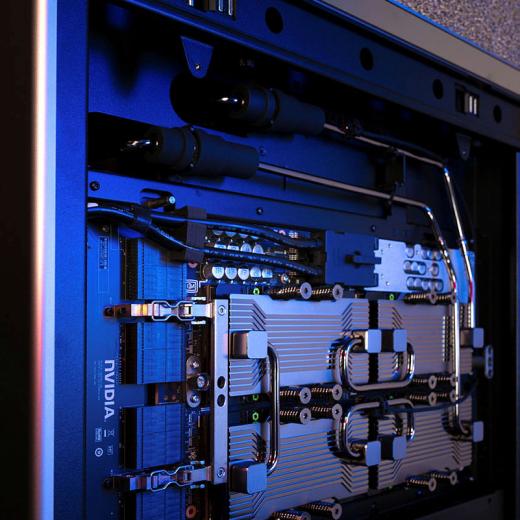BLUF
We’re all keen to look into the future, including the future of our working lives—this article suggests what that particular future might look like.Summary
For many people, COVID-19 has dramatically changed the way they work. But Forbes contributor Maren Thomas Bannon examines the question: What will the future of work look like in 2022 and beyond? Almost two years into the pandemic, remote working or hybrid work is no longer a novel idea, out of the reach of the average worker—it’s here, and it’s probably here to stay. In addition, a younger generation is entering the workforce and bringing a fresh perspective. These shifts are forcing employers to rethink attracting, engaging and retaining employees. Bannon spoke with leading venture capitalists focused on the future of work and noted the following seven predictions:
The hybrid mix of in-office and at-home work will require a new software stack.
Software automation will increasingly power everything from timekeeping to purchasing to logistics.
Real-time, dynamic HR data infrastructure layers will transform workforce development.
The great talent reshuffle will accelerate as the concept of the office changes.
Employers will increasingly focus on wellbeing—not just productivity.
Tech tools will increasingly serve a broader range of workers, from small business owners to minorities to lower-income workers.
Future-of-work software will increasingly be built to facilitate human connection, rather than just efficiency.
References
Aug 2021 AFR One expert’s top five predictions for the future of work
Sep 2021 HBR The Future of Flexibility at Work
Oct 2021 The Conversation The future of work is hybrid – here’s an expert’s recommendations
Nov 2021 Forbes Future Of Work: The 5 Biggest Workplace Trends In 2022





